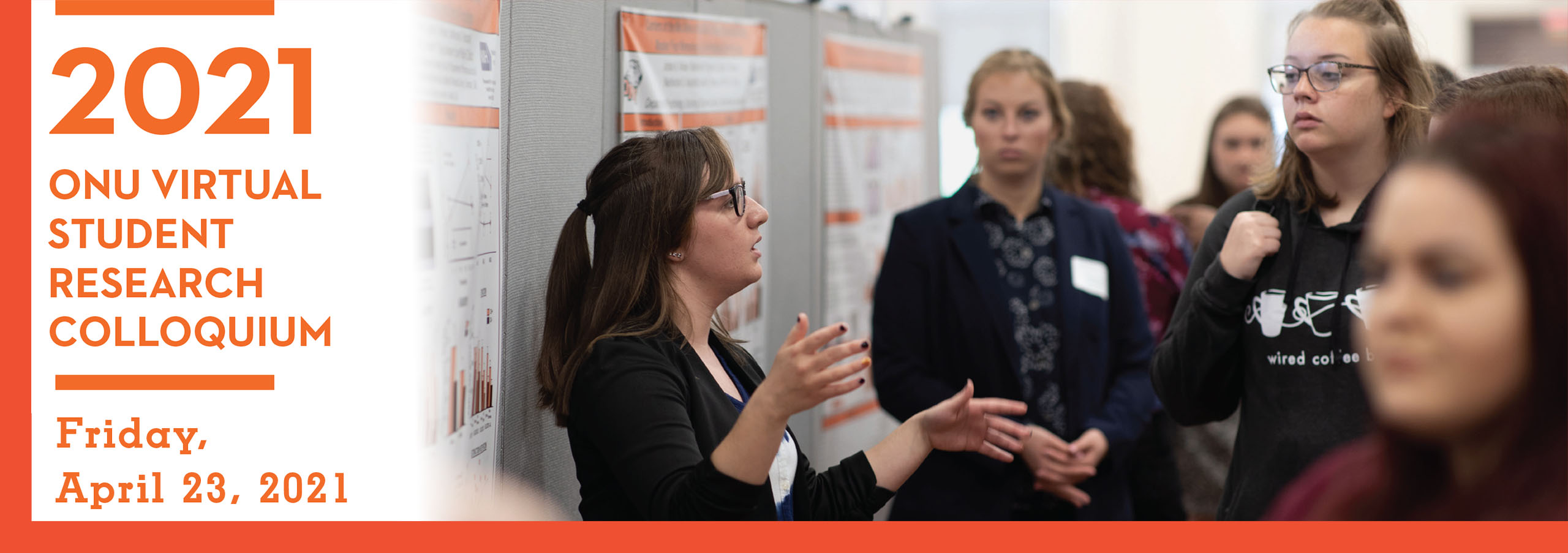Sponsor
Phillip R. Zoladz, PhD
Ohio Northern University
Psychology, Health & Behavioral Sciences
p-zoladz@onu.edu
Advisor(s)
Phillip R. Zoladz, PhD
Ohio Northern University
Psychology, Health & Behavioral Sciences
p-zoladz@onu.edu
Document Type
Video
Start Date
23-4-2021 9:00 AM
Abstract
Over the past couple of decades, as technology has become more readily available to individuals, social media sites such as Facebook and Instagram have had an impact on how adolescents and young adults communicate with peers. There has been much debate on whether social media usage negatively impacts the lives of adolescents and adults or not. The present literary review examines findings from 20 studies that investigated the effect of social media usage on the well-being and stress levels of adolescents and young adults. The conclusion of this literary review is that there are many mixed findings in studies examining social media’s impact on well-being in adolescents and young adults. Findings regarding stress show a trend of social media increasing stress in adolescents and young adults. Many individual factors such as type of usage (active or passive), time spent on social media, number of connections, and fear of missing out play a factor in how social media affects well-being and levels of stress in adolescents and young adults.
Recommended Citation
Moeller, Elisabeth, "The Impact of Social Media Use on Well-being and Stress in Adolescents and Young Adults" (2021). ONU Student Research Colloquium. 23.
https://digitalcommons.onu.edu/student_research_colloquium/2021/papers/23
Open Access
Available to all.
Included in
Developmental Psychology Commons, Psychiatric and Mental Health Commons, Social Media Commons
The Impact of Social Media Use on Well-being and Stress in Adolescents and Young Adults
Over the past couple of decades, as technology has become more readily available to individuals, social media sites such as Facebook and Instagram have had an impact on how adolescents and young adults communicate with peers. There has been much debate on whether social media usage negatively impacts the lives of adolescents and adults or not. The present literary review examines findings from 20 studies that investigated the effect of social media usage on the well-being and stress levels of adolescents and young adults. The conclusion of this literary review is that there are many mixed findings in studies examining social media’s impact on well-being in adolescents and young adults. Findings regarding stress show a trend of social media increasing stress in adolescents and young adults. Many individual factors such as type of usage (active or passive), time spent on social media, number of connections, and fear of missing out play a factor in how social media affects well-being and levels of stress in adolescents and young adults.


Notes
This presentation is part of the Honors Capstone Enhancement Presentation series.